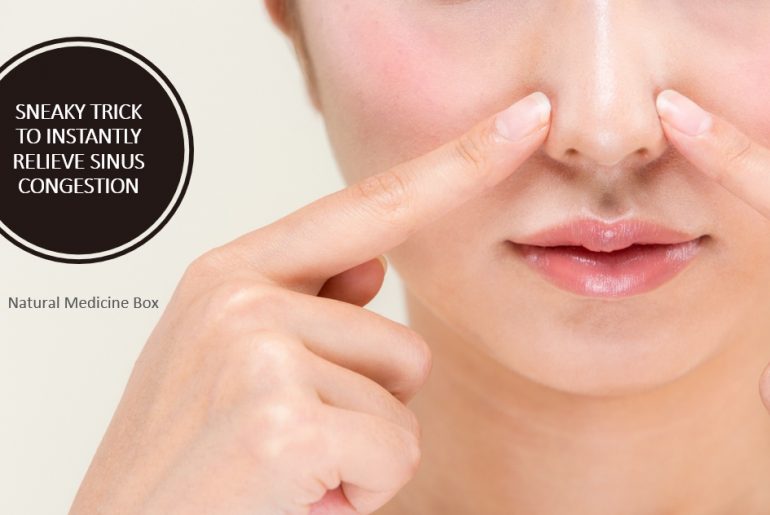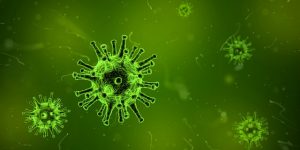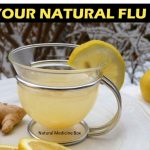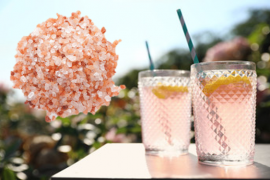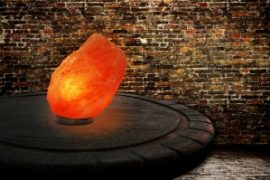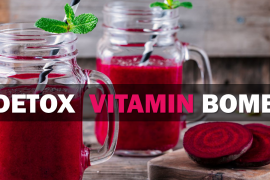It’s true that when your lungs feel congested, it is really hard to breathe! No matter, whatever the cause would be, an infected sinus or any kind of allergies, a cold, or flu. Dealing with congestion is not easy in any way and leave you feeling tired and dizzy which is unbearable.
It is said that sinuses are not the problem themselves but the problem is being allergic to different things like weather, animal’s fur, etc.
If you’re one of the 37 million Americans suffering from sinus problems, you may find the information in this article by Health.Com beneficial. You will also learn a sneaky trick to instantly relieve sinus congestion in just a few minutes.
Watch the short video for the simple easy to follow instructions. If you want to go straight to the video, please go to page 2.
Causes of sinus infections
What causes chronic sinus infection and how can you avoid them? Five common causes are viruses, allergies, bacteria. polyps and irritating pollutants. Let’s explore the causes in more detail.
1. Viruses
Most sinus infections start with a cold. Colds are caused by a virus, which can make nasal tissue swell, blocking the holes that normally drain sinuses.If your sinus infection is caused by a virus, antibiotics won’t help since these drugs kill only bacteria. Your symptoms will probably get better after about a week or so. A decongestant can help, but don’t use it for more than four or five days to avoid becoming dependent.
The best defences against these sinus infections are the same things that protect against colds and the flu. In other words, get a flu shot, wash your hands, and don’t chill with the visibly ill.
2. Allergies
Because inflammation can block the nasal passages and prevent draining, allergies are often associated with sinus infections. In fact, studies have shown that people with sinus infections who have allergies tend to have more extensive sinusitis, says Dr. Sonia Bains, assistant professor in the Division of Pulmonary, Critical Care, Allergy, and Sleep Medicine at the Medical University of South Carolina.If you’re prone to allergies or hay fever, avoid things that trigger allergic reactions, such as dust mites, pet dander, mold, and cockroaches. Prescription or over-the-counter antihistamines and prescription nasal sprays can reduce chronic inflammation in the sinuses and nasal lining.
3. Bacteria
If a cold does not resolve in 10 to 15 days, bacteria may have joined the party.Bacterial infections rarely jump-start sinus infections, but they are almost always the cause of complicating secondary infections, says Dr. William J. Hueston, professor and chair of the Department of Family Medicine at the Medical University of South Carolina, in Charleston. In these cases, it’s most likely Streptococcus pneumoniae or Haemophilus influenzae.
These bacteria lurk in healthy people; they’re waiting for the right circumstances to grow. Take a decongestant during a cold to avoid those circumstances. If you do develop bacterial sinusitis, you can treat it with antibiotics.
4. Polyps
Nasal polyps are small, benign growths that develop from nose or sinus tissues and can cause the sinus cavities to become blocked, preventing mucus from draining and leading to sinus infection. These little gems can also restrict airway passages, which can in turn trigger headaches.Chronic allergies can cause long-term swollen and scarred areas of the nasal passages and polyps, according to Hueston. People with nasal polyps often have a decreased sense of smell.
Polyps are treated with nasal steroid sprays or a short course of oral steroids, and if steroid treatments don’t work, surgery may be necessary.
5. Irritating pollutants
Allergens and pollutants in the air—like dust, outdoor air pollution, and strong odours like perfume—may contribute to coughing, irritate your nose, and cause inflammation that can increase your risk of sinusitis, according to Bains.Avoid these irritants as much as possible to reduce the occurrence of sinus infections, particularly if you suffer from allergies or asthma. An air purifier may also reduce pollutants in the air.
Looking for instant relief? On page two you will find a short video with tips on how to relieve sinus congestion.
Source: health.com
